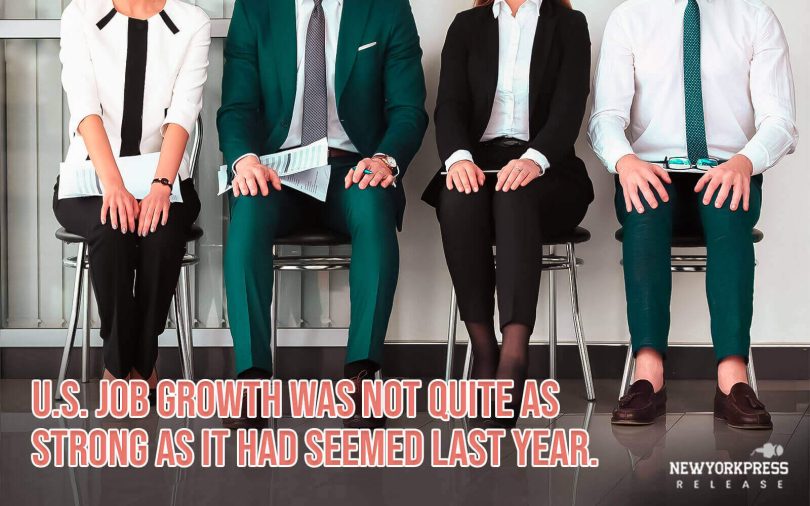After generating huge profits for Coles, Woolworths, and Qantas, they face backlash for driving up the cost of living.
Although many households are struggling with the cost of living, the two grocery behemoths this week reported annual profits of more than $1 billion.
As per Treasurer Jim Chalmers, businesses must take responsibility for their prices.
“When corporate Australia’s costs moderate, we want to see their prices moderate too,” Dr. Chalmers conveyed on Thursday to the National Press Club.
“Individual companies will make their own explanations about profit reports and the like … our job is to make sure the settings are right, and that’s what we’re going to spend the next couple of years making sure that they are.”
The chief executive of Woolworths, Bradford Banducci, claimed that the supermarket chain is in the process of reducing the cost of products on its shelves, denying that the company is price-gouging customers.
“Our customers scrutinize our prices every day. It’s one of the most cross-shopped grocery markets in the world,” he said on ABC Radio.
“We all are under scrutiny, as we should be …. our customers are very challenging and demanding, as they should be.”
“That is the true north for us, and I think that sets the high watermark for what we need to focus on.”
ACTU assistant secretary Joseph Mitchell stated that Australians had a right to be concerned about whether major supermarkets, despite their declining expenses, were using the cost-of-living crisis as a cover to increase profit margins.
Compared to last year’s loss of $1.86, Qantas revealed underlying profits after tax of $2.47 billion for 2022–23.
The revenues jumped to $19.8 billion, compared to last year’s $9.1 billion.
Qantas boss, Alan Joyce, revealed that as more international capacity comes online, the prices of air fares will keep on reducing.
He conveyed that it can be experienced in the middle of next year; this should occur by the middle of next year. It reflected the rate at which the carrier could return wide-body aircraft to the air.
ACTU president Michele O’Neil criticized Qantas for not only increasing costs for the average flyer in a market it broadly controlled but also being “hell-bent on driving down terms and conditions for its workers to maximize its profits”.
“Qantas customers know all too well the impact of canceled or delayed flights, lost luggage, and regular inconvenience whilst paying more for their ticket while fuel prices fall,” she said.
In an interview with the Australia-Israel Chamber of Commerce event in Melbourne, NAB chief executive Ross McEwan said that inflation, while slowing, had hurt Australians “more during the past 18 months than it has for three decades”.
“It’s difficult to find an area of spending that hasn’t gone up,” he continued.
“Groceries, petrol, mortgages, rent, electricity, gas, dining out, travel, transport—you name it, everything we buy as consumers is up in price.”
Mr. McEwan continued by saying that customers were bringing down expenses by restraining their car trips and eating out.
However, he thinks that the economy is in “pretty good shape”, with unemployment declining to its lowest level in decades, strong resource exports, and the housing market performing better than anticipated.
“There is a lot of discussion as to whether Australia will head into a recession as we do have many headwinds; my view is we won’t,” Mr. McEwan further continued.
On Monday, the Senate committee requested Qunatas executives come forth to explain the cost of living in Melbourne.
- Published By Team Australia News








